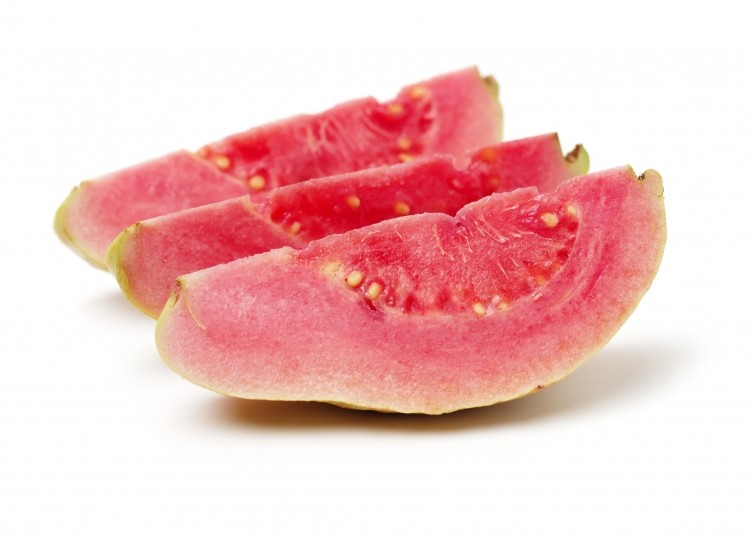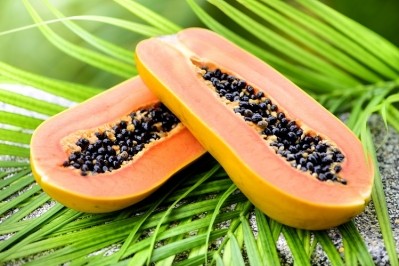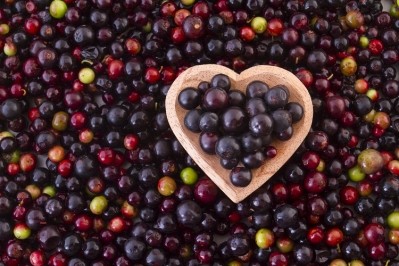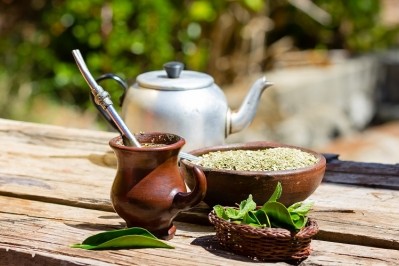Lycopene-rich guava extract shows cardiovascular potential: Hamster data

The guava extract was also found to reduce levels of malondialdehyde (MDA), a marker of oxidative stress, according to data published in Nutrients.
Researchers from the Federal University of Piaui and the University of Brasília wrote: “The [triglyceride to HDL cholesterol] TG/HDL-c ratio is an important predictor of coronary events regardless of body mass index, which is considered as an accurate marker of insulin resistance and metabolic syndrome and is related to cardiovascular risks even when LDL is low.
“In this study, the induction of hypercholesterolemia produced an increase in the TG/HDL-c ratio, which was reversed by the treatment with [lycopene-rich extract] at dose of 25 mg/kg. […] From this perspective, the consumption of lycopene or lycopene-based products may be associated with reduced risk of vascular events.”
Study details
The researchers prepared ethanolic extracts from red guava fruit (Psidium guajava L.). The extract was found to contain between 10 and 20% lycopene.
Hamsters were fed either a standard lab diet or a high fat diet to raise blood lipid levels. The high fat fed animals were further divided into three groups and had their diets supplemented with 0, 25, or 50 mg/kg of the guava extract for 28 days.
Results showed that the hypercholesterolemic feed did indeed increase cholesterol and triglyceride levels in the animals, compared to the standard diet-fed control animals, and that supplementation with 25 mg/kg group had significantly lower triglyceride and atherogenic index numbers, compared to the high-fat controls.
No significant differences between the high-fat groups were observed for cholesterol.
While no changes were observed for levels of antioxidant enzymes, such as catalase, glutathione peroxidase, and superoxide dismutase, there were decreases to markers of oxidative stress, notably MDA and myeloperoxidase (MPO) at both doses.
“[The lycopene-rich extract]demonstrated a promising effect against dyslipidemia and oxidative stress,” wrote the researchers. They also called for longer studies to replicated these findings and to examine the effects on antioxidant systems and oxidative stress.
Source: Nutrients
2019, 11(2), 393; doi:10.3390/nu11020393
“Lycopene-Rich Extract from Red Guava (Psidium guajava L.) Decreases Plasma Triglycerides and Improves Oxidative Stress Biomarkers on Experimentally-Induced Dyslipidemia in Hamsters”
Authors: A.K. da Silva Brito et al.









